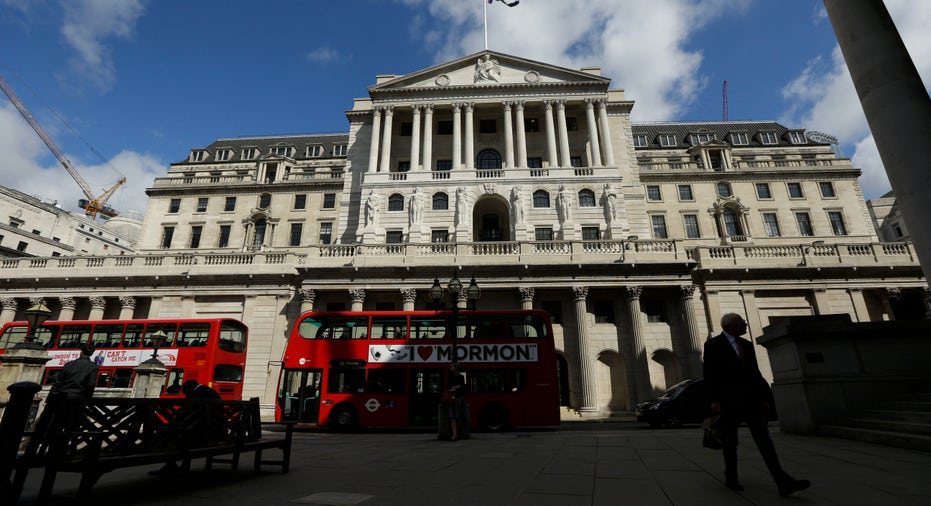Bank of England's Carney Fends off Critics of Brexit Stimulus

Governor Mark Carney defended the Bank of England's major stimulus package of last month as signs grow that the economy has held up better than expected to the initial shock of Britain's vote in June to leave the European Union.
Carney also told lawmakers on Tuesday he was "absolutely serene" about the way he warned of a possible Brexit hit to the economy before the referendum, locking horns again with supporters of the victorious "Leave" campaign.
Data has suggested Britain's economy did not suffer the kind of devastating impact forecast by some "Remain" supporters in advance of the vote, although economists say it is heading for a sharp slowdown.
Carney fended off criticism from some lawmakers that the Bank moved too aggressively to help Britain's economy through the Brexit shock in early August when it cut interest rates, expanded its bond-buying program and took other measures to ease lending.
"(I) absolutely feel comfortable with the decision I supported and that the committee took in August to supply monetary policy stimulus," he said.
But he said the damage to the economy looked a bit less severe than the BoE had forecast when it announced its stimulus plan on Aug. 4.
Carney came under fierce criticism from supporters of Brexit in the run-up to the referendum -- and afterwards -- for saying the economy would face a material slowdown, and possibly a recession, in the event of an "Out" vote.
"In light of all of the events since the referendum ... I am absolutely serene about the ... judgments made both by the MPC and the FPC," Carney told lawmakers, referring to the Bank's monetary and financial policy committees.
One of his most outspoken critics, parliamentarian Jacob Rees-Mogg, kept up the criticism on Wednesday when he accused Carney of having made "dire" warnings about a vote for Brexit.
Carney said growth seemed to be slowing to about half its pace of before the referendum, which would equate to around 0.3 percent in quarter-on-quarter terms.
The BoE said last month it expected growth of 0.1 percent in the July-September period.
"We expected some bounce-back, there's been a bit more, but we're keeping it in perspective," he said, adding that some of the recovery was due to the measures announced by the BoE.
The BoE said in August that most of its policymakers expected to cut interest rates further below their new record low level of 0.25 percent later this year if the economy slowed as it expected.
Carney, in a written report to the Treasury Committee in parliament, reiterated his view the BoE remained ready to take "whatever action is needed" to help Britain's economy.
Deputy Governor Jon Cunliffe, also speaking on Wednesday, said he expected to vote for another rate cut in 2016 if the economy evolves as the Bank forecast last month. (Additional reporting by Andy Bruce, Michael Holden, Sarah Young and Laura Gardner Cuesta; Writing by William Schomberg; Editing by Andy Bruce and Catherine Evans)



















